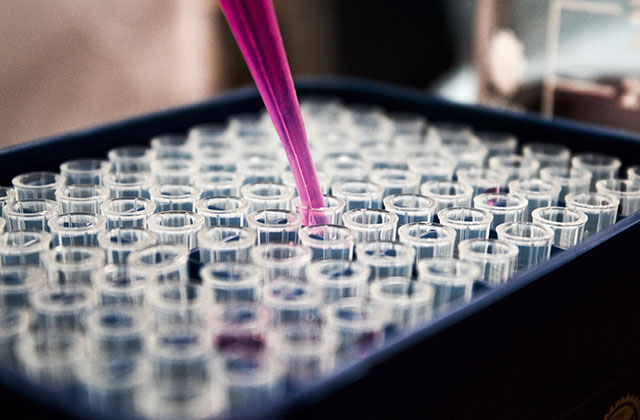With the COVID-19 crisis continuing to spread across the country, the Food and Drug Administration (FDA) published revised recommendations to its blood donor guidelines on April 2, which will now make it easier for gay and bisexual men to help with the current blood shortage.
Since 1983, the FDA has mitigated how gay men or a person who had “a history of male-to-male sexual contact” could donate blood, as written in the report, and has changed its policy over the last three decades. It began with never allowing gay men to donate, to waiting 12 months after they’ve had a sexual encounter, to donate to that window being shortened to three months. According to the FDA, Canada and the United Kingdom have been using the 90-day deferral time without any increased cases of HIV, the stated reason for the inequitable rules for gay men in the first place.
According to NBC News advocates and lawmakers had been pushing for changes in the guidelines, especially since the pandemic hit. GMHC‘s site says, “The ban should be replaced with a policy that defers high-risk gay and bisexual men, while permitting low-risk gay and bisexual men to donate blood.”
Agreeing with GMHC, the Human Rights Campaign (HRC) released their own public response on April 2. “While this change by the FDA is a step in the right direction, it still bases itself in bias rather than science,” HRC’s president Alphonso David said in a press release. He adds: “Creating policy based on identity as opposed to risk is irrational and given the current COVID-19 crisis, it is more critical than ever to prioritize science and facts over fear and bias.”
*This story was updated on April 3, 2020, at 3:20 p.m. ET, as an earlier version incorrectly stated the FDA’s new time frame.
